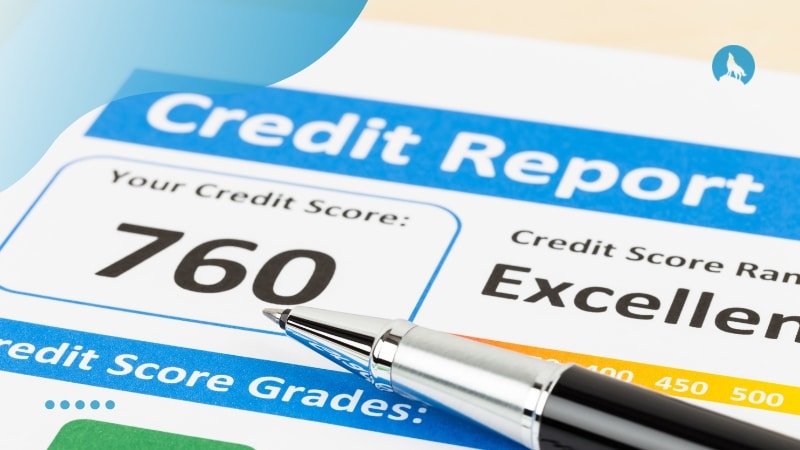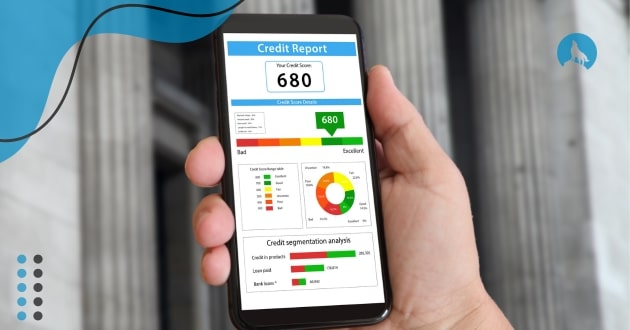To achieve financial stability, it is essential to raise your FICO score effectively as this score plays a crucial role in determining your creditworthiness. Your FICO score affects your ability to secure loans, credit cards, and even influences interest rates on mortgages and car loans.
Moreover, understanding how to raise your FICO score effectively can open doors to numerous financial opportunities. A higher FICO score not only provides access to better credit terms but also reflects positively on your overall financial management.
Additionally, many individuals struggle with improving their FICO scores due to a lack of knowledge or misconceptions about how credit scores work. By learning how to raise your FICO score effectively, you can avoid common pitfalls and make informed decisions that contribute to a healthier credit profile.
Understanding FICO Scores

To begin with, it’s important to understand what a FICO score is and how it’s calculated. FICO scores range from 300 to 850 and are based on five key factors: payment history, amounts owed, length of credit history, new credit, and types of credit used. Each of these factors plays a significant role in determining your overall score, and understanding them is crucial for improving it.
1. Payment History
Payment history is the most critical factor, accounting for 35% of your FICO score. To raise your FICO score effectively, it’s essential to make all payments on time. Late or missed payments can significantly lower your score, so prioritizing timely payments is key to maintaining and improving your credit.
2. Amounts Owed (Raise your FICO score effectively)
The second most important factor is the amount you owe, which makes up 30% of your score. This includes the total amount of debt you have and your credit utilization ratio. To improve your score, aim to keep your credit utilization below 30% of your available credit. Paying down existing balances can also help you raise your FICO score effectively.
Building a Strong Credit History
Creating a long and positive credit history is another effective way to improve your FICO score. The length of your credit history accounts for 15% of your score, so maintaining older credit accounts can be beneficial.
1. Avoid Closing Old Accounts
One common mistake is closing old credit accounts, which can shorten your credit history and negatively impact your score. Instead, keep these accounts open and use them occasionally to keep them active.
2. New Credit and Types of Credit (Raise your FICO score effectively)
The types of credit you use and the number of new accounts you open also influence your FICO score. To raise your FICO score effectively, it’s important to have a healthy mix of credit types, such as credit cards, mortgages, and installment loans, and to avoid opening too many new accounts in a short period.
Managing New Credit Wisely
New credit inquiries account for 10% of your FICO score. Applying for multiple credit accounts in a short time can be seen as risky behavior, which could lower your score.
1. Limit Hard Inquiries
Each time you apply for credit, a hard inquiry is placed on your credit report. While one or two inquiries may have a minimal effect, multiple inquiries can significantly lower your score. To raise your FICO score effectively, be strategic about when and how often you apply for new credit.
2. Monitoring and Reviewing Your Credit Report
Finally, regularly monitoring your credit report is crucial for maintaining a high FICO score. Checking your report allows you to catch and correct errors that could negatively impact your score.
3. Disputing Errors
If you find inaccuracies on your credit report, it’s important to dispute them promptly. Errors such as incorrect account information or fraudulent activity can lower your score, so addressing them quickly can help you raise your FICO score effectively.
Strategies for Reducing Credit Card Debt
One of the most impactful ways to raise your FICO score is by reducing your credit card debt. High balances on your credit cards can significantly hurt your score, particularly if your credit utilization ratio is high.
1. Creating a Debt Repayment Plan
To effectively reduce your credit card debt, it’s essential to create a repayment plan. Start by listing all your debts and prioritizing them based on interest rates and balances. Focus on paying down high-interest debts first while making minimum payments on the rest. This approach can help you lower your overall debt more efficiently.
2. Utilizing Balance Transfers and Debt Consolidation
Another strategy is to use balance transfers or debt consolidation loans to manage your credit card debt. By transferring balances to a card with a lower interest rate or consolidating your debts into a single loan, you can reduce your monthly payments and pay off your debt faster, which in turn can help raise your FICO score.
The Impact of Credit Mix on Your FICO Score
Having a diverse credit mix is beneficial for your FICO score. Lenders like to see that you can manage different types of credit responsibly, which can positively impact your creditworthiness.
1. Maintaining a Balanced Credit Portfolio (Raise your FICO score effectively)
To maintain a balanced credit portfolio, aim to have a mix of revolving credit (like credit cards) and installment loans (such as auto loans or mortgages). This diversity in credit types shows lenders that you can handle various financial obligations, which can contribute to a higher FICO score.
2. Cautiously Adding New Credit Types
While it’s beneficial to have different types of credit, be cautious when adding new credit accounts. Only apply for credit when necessary, and ensure you can manage additional payments comfortably. Overextending yourself can lead to missed payments, which would negatively affect your FICO score.
Quick Tips to Improve Your Credit Score (Raise your FICO score effectively)
If you’re looking to make rapid improvements, there are several strategies that can help you boost your credit score quickly. By focusing on paying down high balances, disputing any errors on your credit report, and avoiding new credit inquiries, you can see positive changes in a shorter amount of time. Additionally, ensuring that all your payments are made on time can significantly impact your score, providing a quick boost when needed.
Leveraging Financial Tools and Resources
In the journey to improve your credit score, utilizing the right financial tools and resources can make a significant difference. Platforms like Fiscal Tiger offer valuable insights, tips, and tools to help you manage your finances effectively. Whether you need advice on budgeting, credit repair, or debt management, these resources can provide the guidance you need to stay on track and make informed decisions that positively impact your credit score.
Conclusion (Raise your FICO score effectively)
In conclusion, to raise your FICO score effectively, you must focus on timely payments, reducing debt, maintaining a long credit history, managing new credit wisely, and regularly monitoring your credit report. By applying these strategies consistently, you can achieve and sustain a higher FICO score, opening up better financial opportunities and securing your financial future. Remember, improving your FICO score is a gradual process that requires patience, discipline, and a strategic approach to managing your credit.



